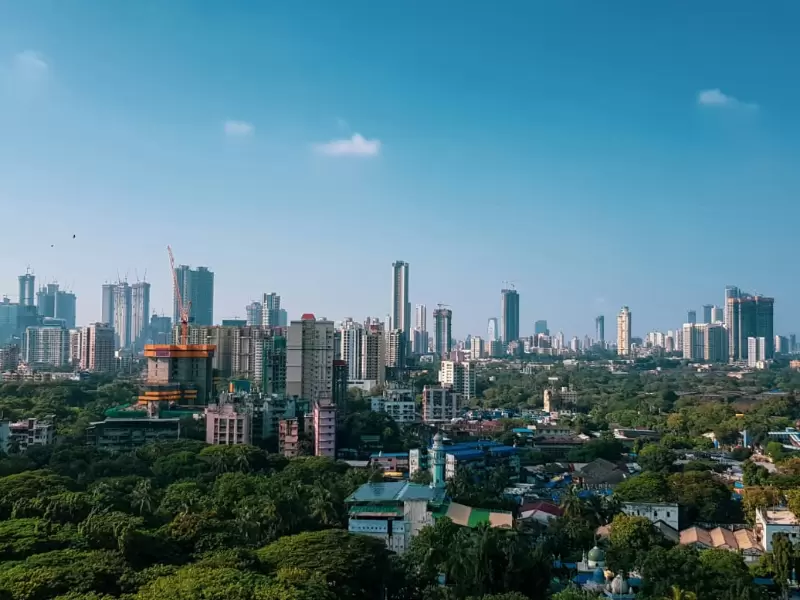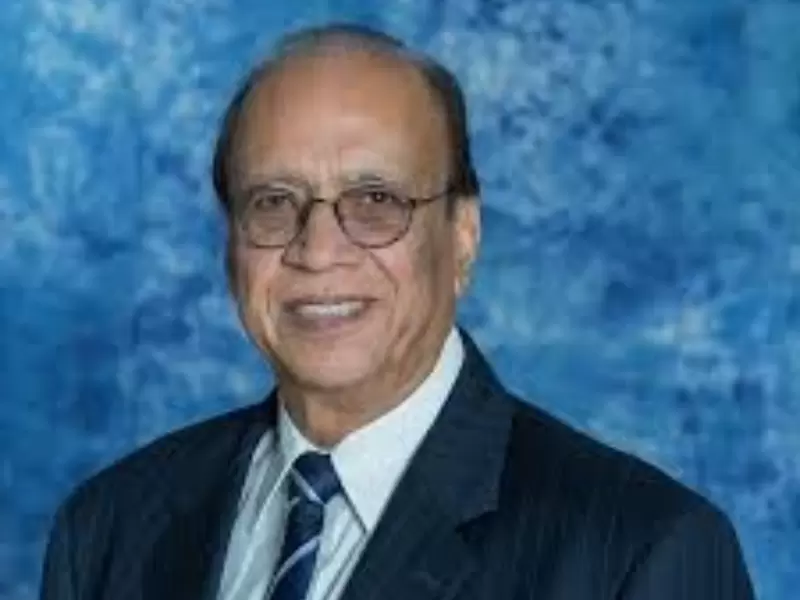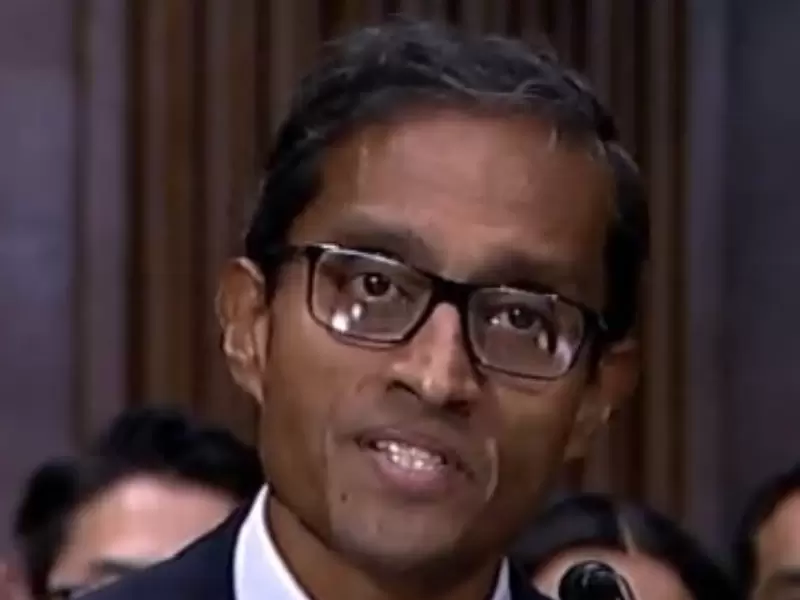Global immigration curbs narrow paths for Indian students and workers
US targets visa duration, UK blocks low-skilled roles, and Canada restricts spousal permits and international student admissions.
.jpg) Stock image. / Shutterstock
Stock image. / Shutterstock
As immigration policies tighten across the US, UK, and Canada, international students especially from India face increasingly limited pathways to study and work abroad.
In the United States, the Department of Homeland Security has proposed a rule to introduce “fixed periods of stay” for international students, exchange visitors, and foreign media representatives. Currently, students can stay under a “duration of status” policy, which allows them to remain in the country as long as they are enrolled in an authorized program. The new rule has been submitted to the Office of Management and Budget, a final step before implementation.
This development follows a significant drop in illegal border crossings by Indians, which fell 70 percent in the first five months of 2025. According to US Customs and Border Protection, arrests of Indians dropped from 34,535 between January and May 2024 to 10,382 during the same period in 2025.
The decline coincides with President Donald Trump’s return to office and a renewed crackdown on illegal immigration. Daily arrests of Indians fell from 230 to 69. Officials identified Gujarat as a key source of such migration, with many of the 30 unaccompanied minors caught this year believed to have been abandoned during the journey.
UK tightens work visa rules
The United Kingdom has tabled new visa restrictions as part of what Home Secretary Yvette Cooper called a “complete reset” of its immigration system. The rules, expected to take effect from July 22, include higher skill and salary thresholds for foreign workers and the removal of more than 100 occupations from the shortage list, including chefs and plasterers.
These changes will largely shut down overseas recruitment for care workers, a sector that employed many Indian migrants. “These new rules mean stronger controls to bring migration down,” Cooper told Parliament. The new framework allows only time-limited access below degree level for certain critical roles, and workers in these roles will not be allowed to bring dependents or benefit from visa fee discounts.
According to Home Office Minister Seema Malhotra, workers already in the UK will be exempt from some of the tougher requirements, but from July 22 onward, new applications will need to meet elevated skill and salary criteria.
Canada alters work, PR options
In Canada, the Immigration, Refugees and Citizenship Canada (IRCC) has laid out its 2025–2026 Departmental Plan, signaling significant changes to both temporary and permanent immigration streams. The plan includes the permanent rollout of the Economic Mobility Pathways Pilot and a new work permit stream for agriculture and fish processing.
For students, the government will revise field of study requirements for post-graduation work permits (PGWPs) and modify eligibility for spousal open work permits (SOWPs). While the IRCC reaffirmed its intention to prioritize temporary residents already in Canada for permanent residency, it also confirmed ongoing caps on study permit applications and plans to reduce temporary resident levels to 5 percent of the national population.
Canada’s earlier move to lower permanent resident admissions by 20 percent remains in effect, and the intake of international students is capped as part of a broader strategy to manage pressure on infrastructure.
ADVERTISEMENT
ADVERTISEMENT
E Paper
Video




 Pranavi Sharma
Pranavi Sharma












Comments
Start the conversation
Become a member of New India Abroad to start commenting.
Sign Up Now
Already have an account? Login